There is a significant difference between being financially literate and achieving financial well-being. Financial literacy is the junction of economic, credit, and debt management knowledge needed to make financially responsible choices fundamental to our everyday lives. Financial literacy impacts families as they try to balance their budget, buy a home, fund their children’s education, and secure an income at retirement.
On the other hand, financial wellness is the actual implementation of what you know. One may be financially literate, but many people -despite “knowing better”- still manage to dig themselves deep into debt and choose to pay the consequences later. That is why financial literacy is only the first step of the financial wellness equation. Achieving the end goal comes with a change in one’s money mindset and spending habits, which is not easy to learn.
Learning from the Past
As consumer practices and financial products change, financial literacy has taken a hit. The way cards replaced cash, and online shopping became the top choice has created abundant opportunities to use and overextend credit and accumulate debt. However, this does not mean you want to stay away from credit cards and loans; on the contrary, it is important to take advantage of technology as it comes to keep up with the world, but one must be smart about it.
Many consumers have little understanding of finances, how credit works, and the potential influence on their financial well-being on years ahead. The lack of economic knowledge has been signaled as one of the main reasons many Americans have investing problems.
Why Financial Literacy Matters
Financial literacy is vital to help consumers save enough to provide adequate income in retirement while avoiding high debt levels resulting in bankruptcy, defaults, and foreclosures. Low financial literacy has left millennials—the largest part of the American workforce—unprepared for a severe economic crisis, according to research by the TIAA Institute. Millennials also carry substantial volumes of student loan and mortgage debt.
While these may seem like personal problems, they have an overall effect on the whole population. By looking at the 2008 financial crisis, one can see the impact of a lack of understanding of mortgage products. Another example is the lack of financial preparedness that threatens a rise in mortgage foreclosures due to job loss during COVID-19. Financial literacy is a problem with widespread implications for economic strength, and an improvement can help guide the way to a global economy that is competitive and reliable.
The Bottom Line
Any improvement in financial literacy will profoundly impact consumers and their capacity to provide for their future. Recent trends make it imperative that consumers understand essential finances. Right now, people face a greater burden of investment decisions in their retirement accounts while deciphering more complicated financial products and services.
Becoming financially literate and healthy can be challenging, but once mastered, it can ease life’s difficulties tremendously. You can start your financial literacy journey by reading our blog and staying updated with our latest news. We are also available to answer any questions if you contact us or visit our website for more info.





